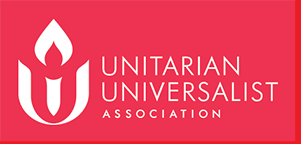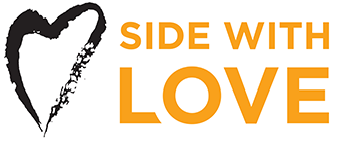Reflection on Doubt
Rabbi Weissman’s sermon topic this past Sunday set me to reflecting on my experience with Doubt. Doubt is no stranger to most Unitarian Universalists. We embrace Doubt, not as an enemy of faith, but as a companion on our spiritual journey.
One book that has spoken particularly strongly to me is Jennifer Michael Hecht’s book, Doubt, a History. Hecht demonstrates that Doubt can be every bit as serious a spiritual discipline as Abject Belief. In her retelling doubt is woven throughout history, from Socrates to modern physics – including throughout the Bible itself. Figures like Job, and like “The Preacher” in Ecclesiastes, confront the apparent injustice of God’s ways. They give voice to the pain of human suffering, and they question the meaning of life itself. Frankly, all spiritual literature that attracts me personally is full of thoughtful skepticism. What Hecht has taught me is that Doubt is not about rejecting truth. It’s about seeking a more complex, honest understanding.
This past Saturday night, my wife and I watched the 2008 movie Doubt, which received a number of Oscar nominations, and I highly recommend it. In the movie, Meryl Streep’s character, Sister Aloysius, wrestles with doubt’s shadow side. Her certainty about Father Flynn’s guilt drives her to act both recklessly, and unethically, even though she lacks proof. Her certainty, wrapped around an absence of evidence, becomes its own kind of doubt – and it eats away at her from the inside. By the film’s end, we see how much holding onto rigid “truths” costs her, opening up the question of the limits of faith.
So Doubt – when we cozy up to it – can be a form of reverence… a way for us to engage with life’s mysteries. As we question, we open ourselves to growth and change. Like Sister Aloysius, and like the countless doubters before us, we find, in Doubt, a doorway to deeper understanding.
Food for thought: Here are some questions for thought or meditation on the role of doubt in our lives:
- How can I approach doubt as a companion rather than an adversary on my spiritual path? What would it look like to welcome doubt with as much reverence as I welcome faith?
- Where does doubt end and certainty begin? In what moments in my life has doubt either helped or hindered me? How do I navigate this balance?
- How can doubt foster humility by reminding me of the limits of our knowledge? What would embracing this humility look like in everyday life?
- When in my life has doubt led to significant growth or change? What lessons did I learn from that experience?
- How does doubting my own beliefs help me understand others’ beliefs more compassionately? What beliefs do I hold that others may question?
- In what ways might you incorporate doubt as a regular spiritual discipline or practice? How might this practice deepen your understanding and open new paths in your spiritual journey?



